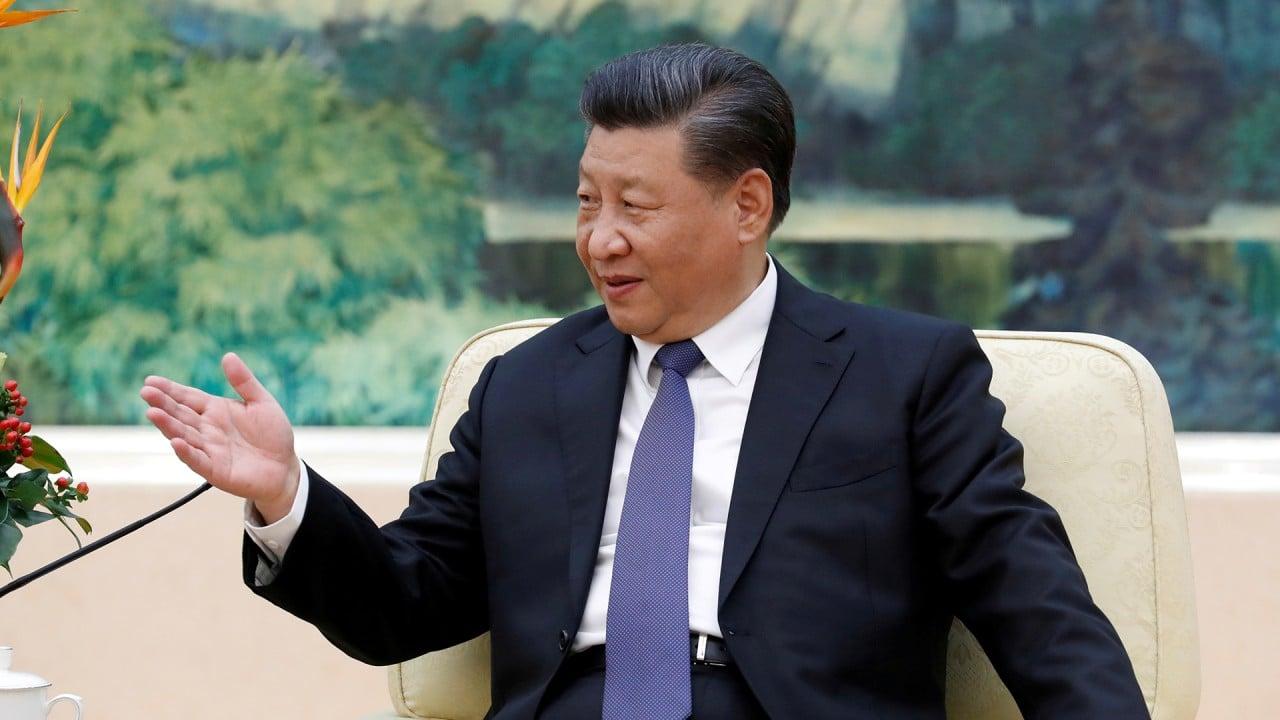
Over the past several years, China has offered greater support to blockchain development while also intensifying a crackdown on cryptocurrencies, which the government regards as a threat to financial stability. In 2021, the government clarified that all cryptocurrency trading was illegal in China.
Just two years earlier, Chinese President Xi Jinping said blockchain would play “an important role in the next round of technological innovation and industrial transformation”. The Ministry of Industry and Information Technology (MIIT) and the Cyberspace Administration of China (CAC), the country’s two main tech industry regulators, also said in guidelines published in 2021 that China will seek to use blockchain broadly across a range of industries by 2030.
The nod from Xi served as a call to action for Big Tech firms and start-ups alike, resulting in a flood of investment into blockchain. By last July, China had 1,821 blockchain companies registered with the CAC, encompassing legal, financial, agricultural and intellectual property protection projects.
The state-backed Blockchain-based Service Network (BSN) is also rapidly moving ahead with domestic and overseas projects. These include the Spartan Network, which aims to get businesses outside mainland China to adopt blockchain divorced from cryptocurrencies, currently the most popular use of the technology.
China’s new blockchain innovation centre will be led by the Beijing Academy of Blockchain and Edge Computing, which is backed by the Beijing municipal government.
The academy is known for having developed an enterprise blockchain called Chang’An Chain, or ChainMaker. ChainMaker said last year that it had been equipped with technology that can resist attacks from both classical and quantum computers.


